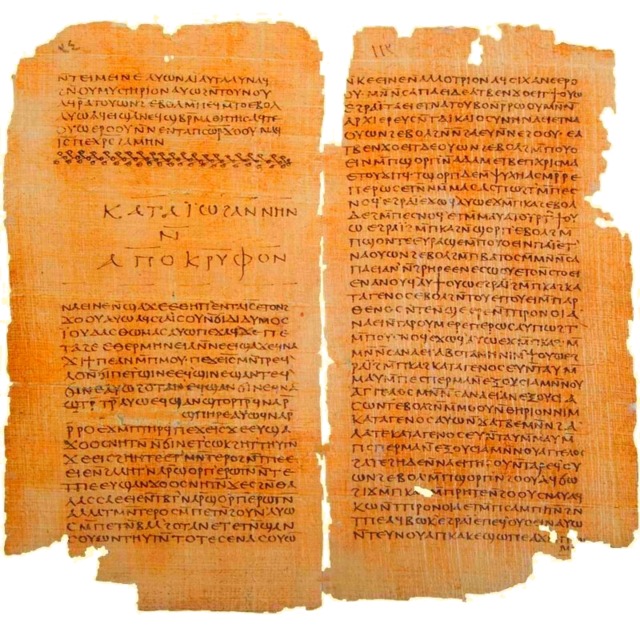Introduction
Throughout the Bible, there are numerous instances where individuals take actions they believe are right or necessary, but without seeking or following God’s guidance. These stories offer invaluable insights into human nature and our relationship with the divine. They challenge us to reflect on the importance of aligning our actions with God’s will, even when we think we know what’s best.
Abraham and Sarah’s Decision (Genesis 16)
Despite God’s promise that they would have a son in their old age, Abraham and Sarah, becoming impatient, took matters into their own hands. Sarah, unable to conceive, gave her maid Hagar to Abraham, leading to the birth of Ishmael. This decision caused much strife in their family and long-term conflict among their descendants.
Moses Strikes the Rock (Numbers 20:1-13)
In a moment of exasperation, Moses struck a rock twice to bring forth water for the thirsty Israelites, instead of speaking to it as God had instructed. Even though he was addressing the people’s immediate need, his disobedience stemmed from a moment of anger and disbelief. As a result, he was not allowed to enter the Promised Land.
King David’s Census (2 Samuel 24)
King David ordered a census of Israel, a decision contrary to God’s will. He might have thought he was acting wisely in assessing his military strength, but his decision was seen as a lack of faith in God’s protection. Consequently, a severe plague struck Israel, causing many deaths.
Peter’s Rebuke (Matthew 16:21-23)
Peter, one of Jesus’ disciples, rebuked Jesus when He foretold His suffering and death. Thinking he was defending his Master, Peter ended up opposing God’s plan for humanity’s salvation. Jesus had to correct him strongly, emphasizing the necessity of focusing on divine, rather than human, concerns.
The Pharisees’ Rejection (John 9:13-34)
The Pharisees, as religious leaders, prided themselves on knowing and obeying God’s laws. Yet when Jesus healed a man blind from birth on the Sabbath, they were quick to condemn Him. Believing they were upholding God’s law, they failed to recognize God’s work through Jesus, leading them to miss the fulfillment of God’s promises.
Conclusion
The biblical examples mentioned above highlight the importance of aligning our actions with God’s guidance. Even when we think we are doing the right thing, our understanding is limited compared to God’s infinite wisdom. The stories teach us lessons about faith, obedience, patience, and the potential consequences of acting without divine guidance, reminding us of our need for continuous spiritual discernment.
Discussion Questions:
- In the instance of Moses striking the rock instead of speaking to it, what can we learn about the importance of obeying God’s instructions precisely, even when the outcome seems to be positive?
- Moses’ disobedience happened under extreme pressure from the Israelites. How does this story challenge us to maintain faith and obedience amidst external pressures?
- Reflecting on the severe consequence Moses faced for his action, what does this say about God’s expectations of leaders and the seriousness of their actions?
Want to Know More?
- “Moses: A Life” by Jonathan KirschThis comprehensive biography of Moses delves into the challenges he faced and the crucial decisions he made throughout his life. It provides an in-depth look at his act of striking the rock and its implications.
- “Striking the Rock: A Tale of Consequence” by Linda L. SilvermanSilverman’s book offers a thorough examination of the incident where Moses struck the rock. It sheds light on the complexities of Moses’ character and explores the reasons and the implications of his disobedience.
- “The Pentateuch as Narrative: A Biblical-Theological Commentary” by John H. SailhamerSailhamer’s commentary on the first five books of the Bible includes a detailed analysis of the event of Moses striking the rock. His insights provide a broader theological understanding of the incident within the context of God’s covenant with Israel.




